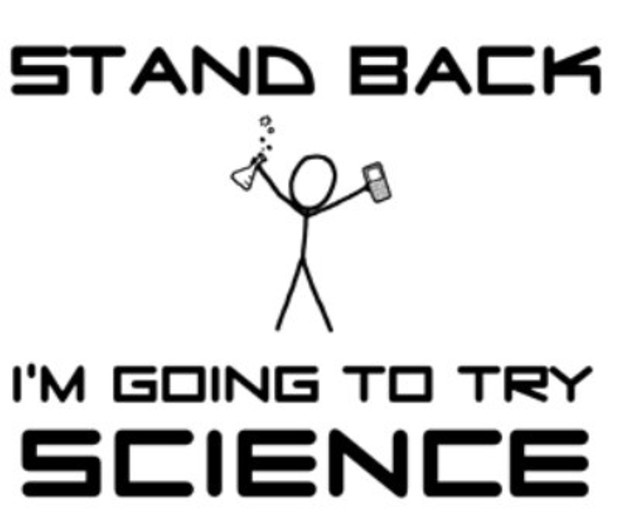I think I mentioned a time or two that I have been studying computer science at the University of Klagenfurt for quite some time now. I officially took leave from work to get my thesis done and today marks the first day of honest work on the project. To start things off I decided to write about what the project is all about and will keep a diary of stuff I learned while developing my thesis.
What's this about?
My thesis will consist of a Android game that provides a framework for researchers to test games with a purpose without having to implement the game part over and over again. The initial idea here is to create a game similar to Clicker Heroes, a simple, yet addictive time-killer game that is played in stages and can be played forever with little effort from the players.
By being played in levels I am planning on injecting a mini-game into the (already mini) game for the user to earn extra-points, providing something like a boss-level.
This boss-level is where the science comes in.
During the boss-level I am planning on using the users to verify the results of a deep-learning computer vision algorithm on an arbitrary image-database. This is also where I want to enable others to just take the working game and plug in their own game with a purpose to test a theory without having to do their own full-fledget game. Granted, you still have to implement your mini-game, but you don't need to make it fun - just reward your users for playing it with money and points towards the actual base game. (Similar to how some games display ads in between levels to make money, I am planning on annoying the user for science!)

So how is this going to happen? The game will be open-source and available on GitHub shortly and will obviously be written in Java (yay - haven't done any serious Java in years). To speed things along I am planning on implementing it using libGdx so I get cross-platform support without too much work. Besides that I haven't decided yet on how far to take this.
There will be a sample game-with-a-purpose implementation I will be testing that is probably using Caffe from Berkley Vision and Learning Center to generate a model I can then verify using the players.
The project will be open-source and reside on GitHub for everyone to follow, licensed unter Apache2 License. Please let me know if you have any questions or want to follow the progress along, you can reach me on Twitter at https://twitter.com/tigraine


